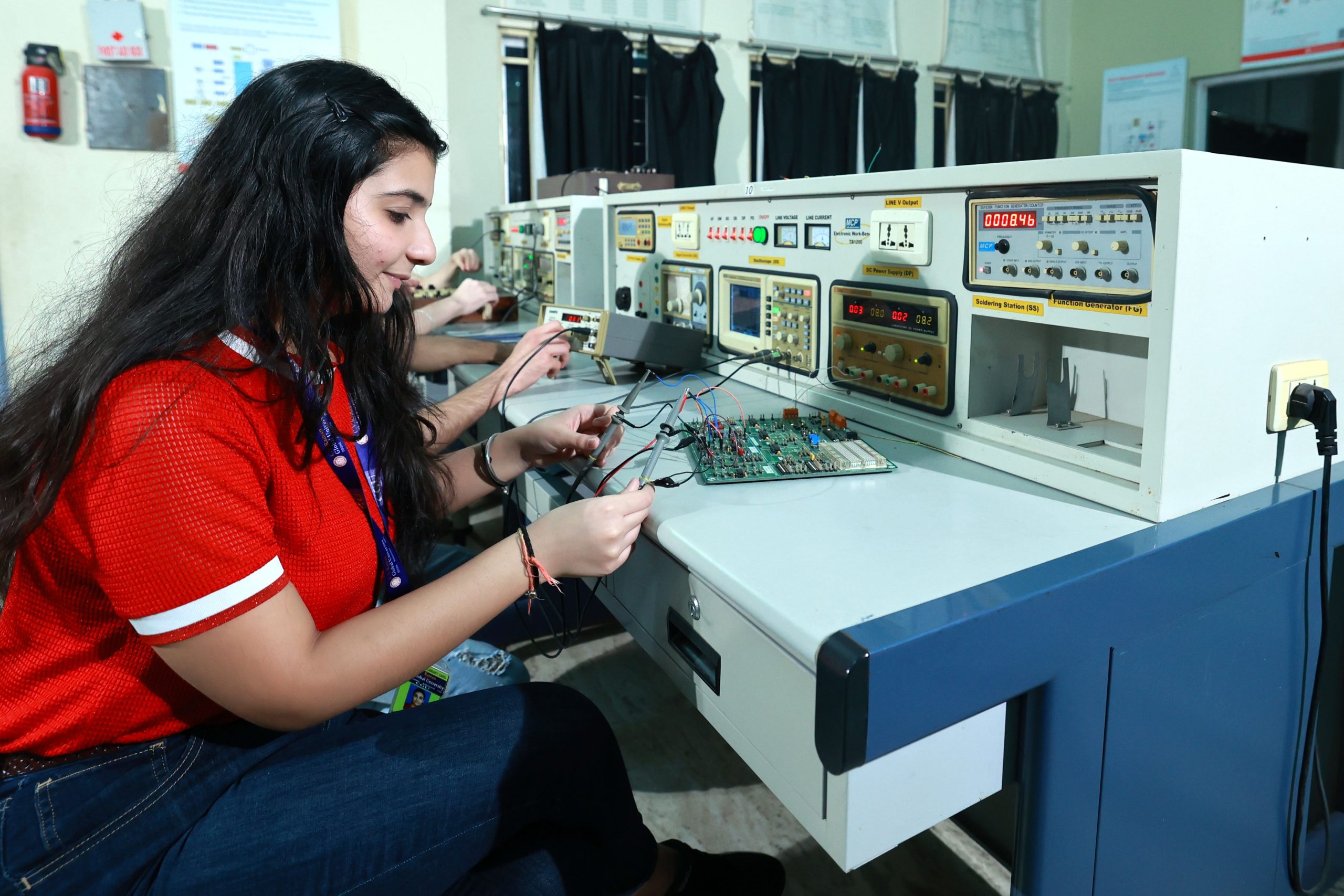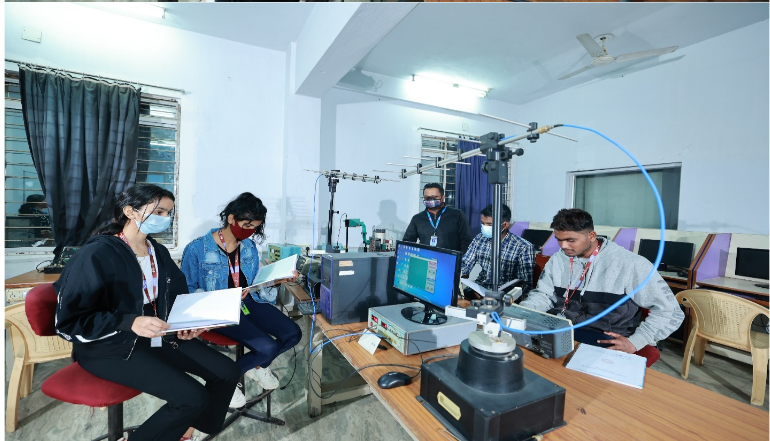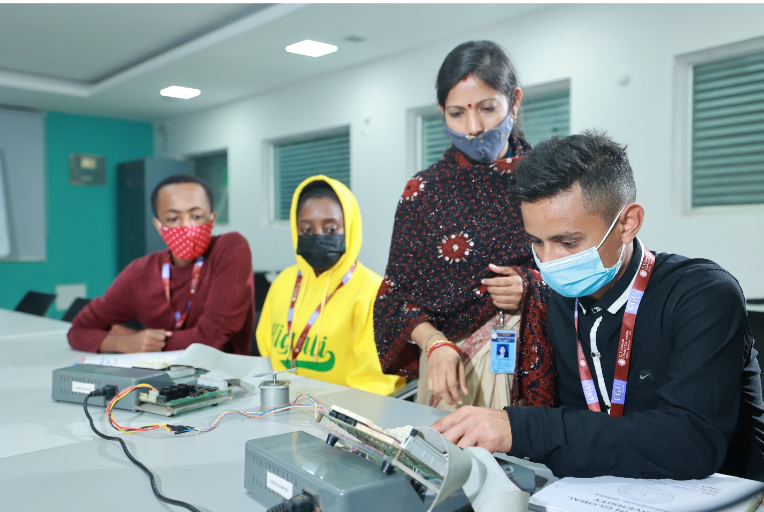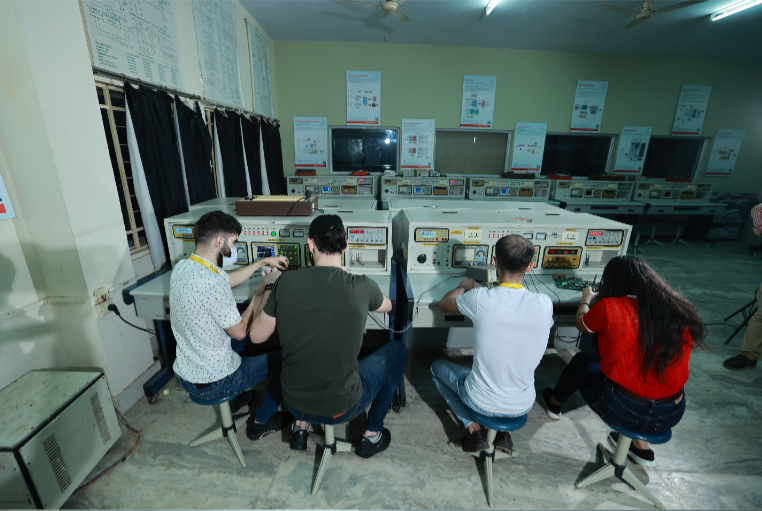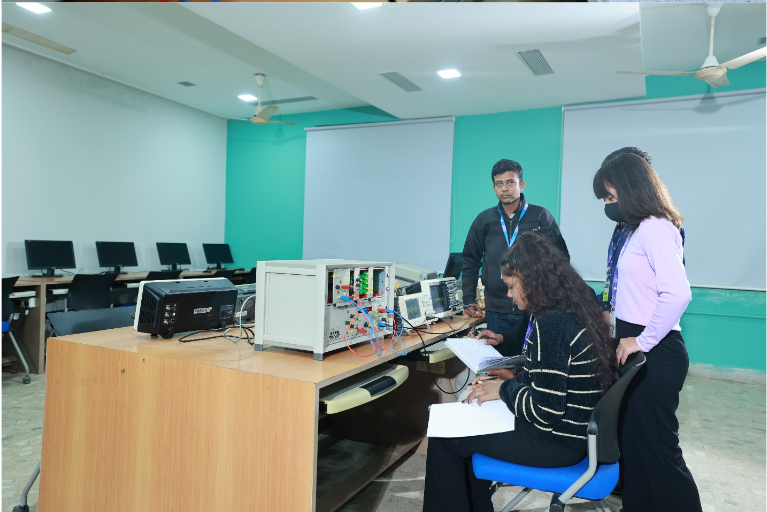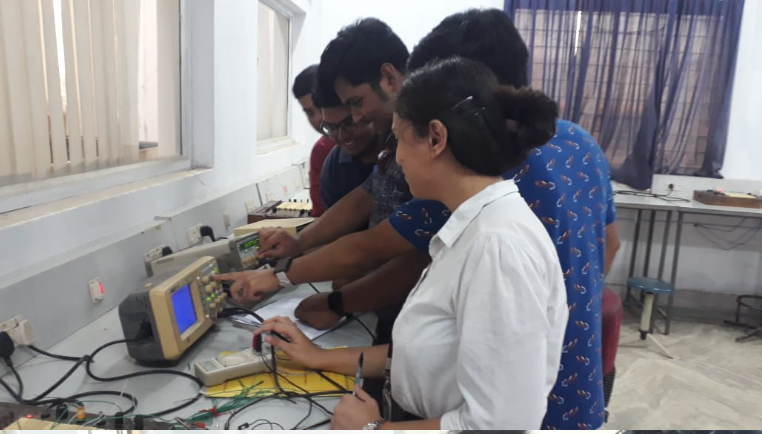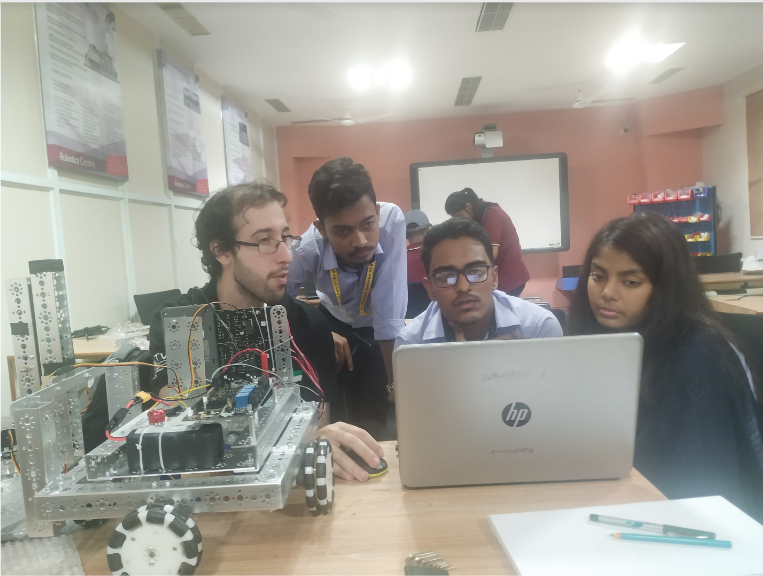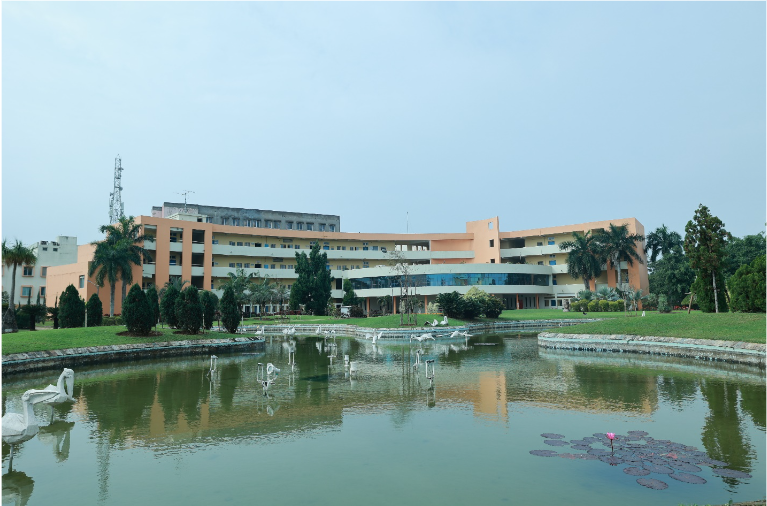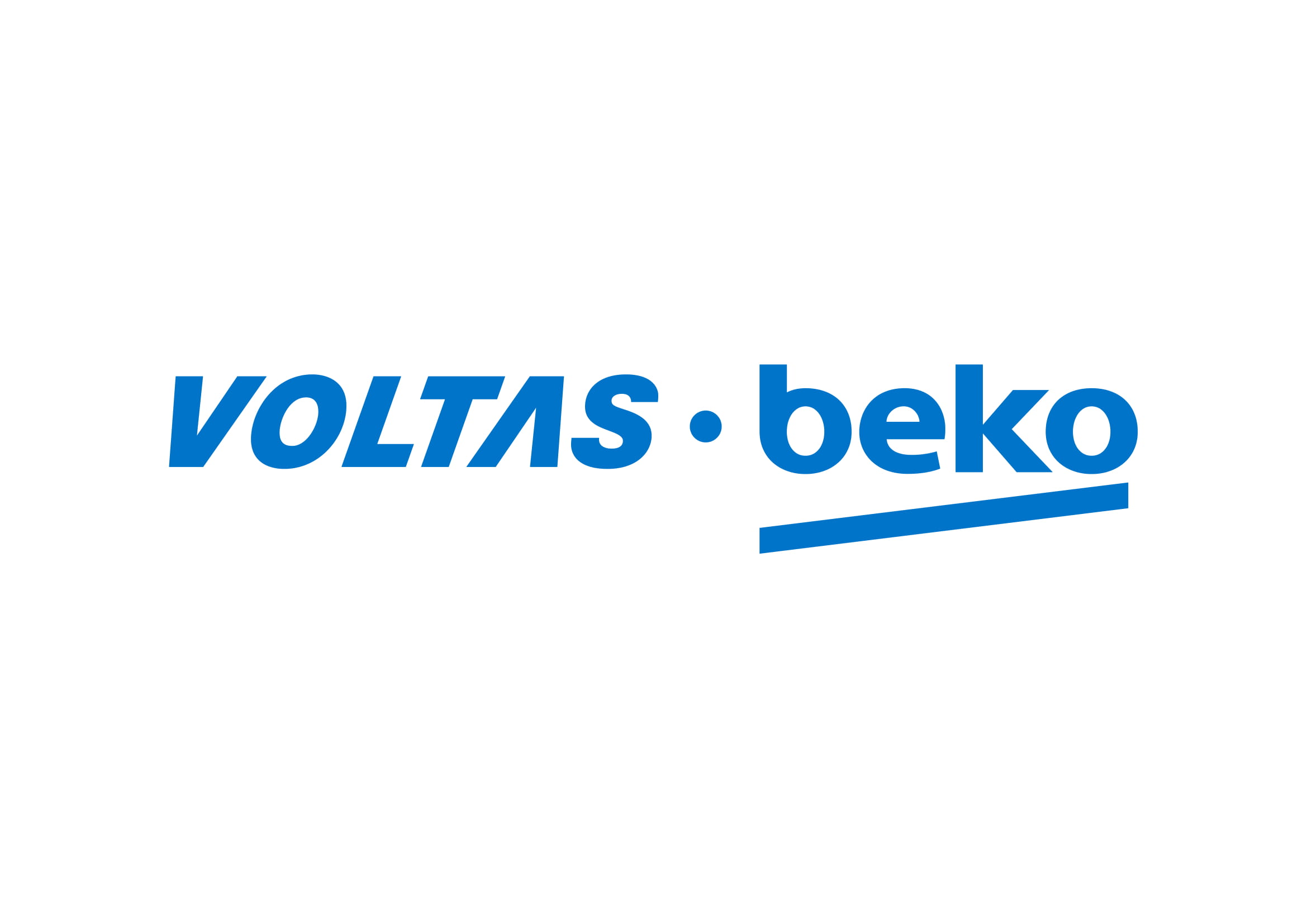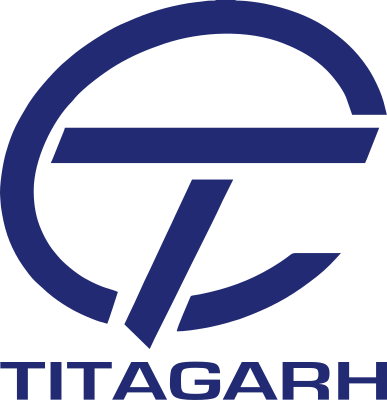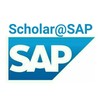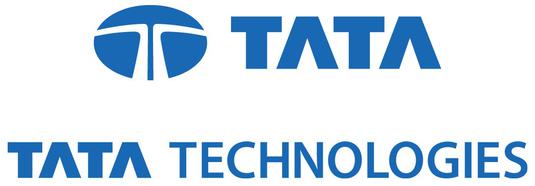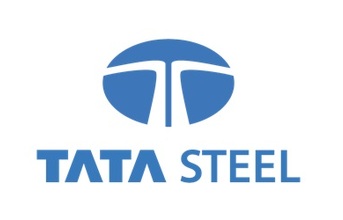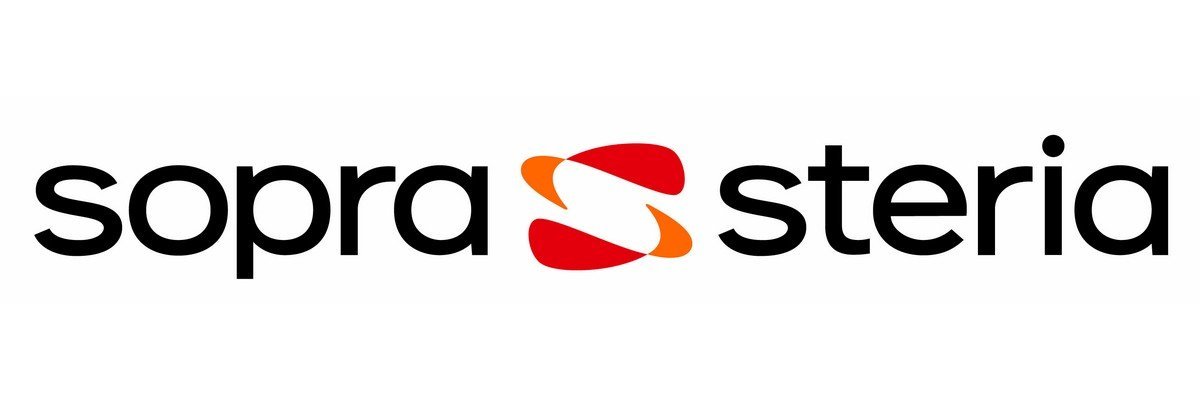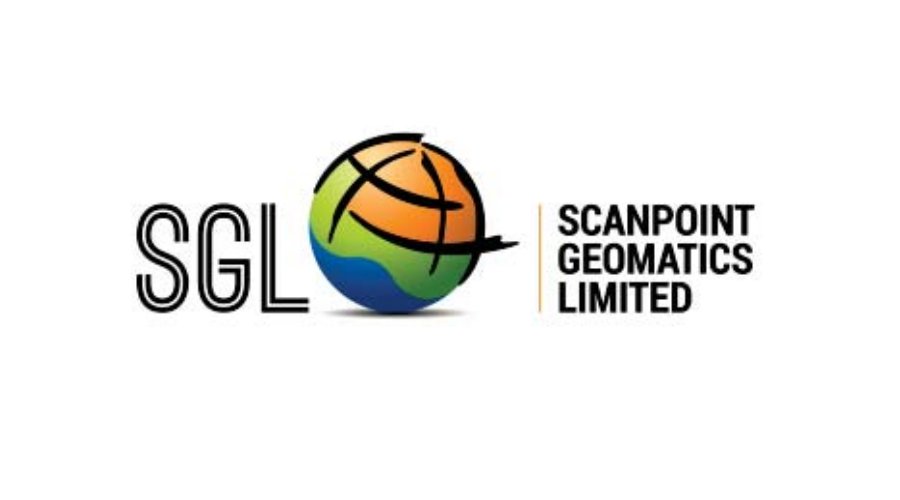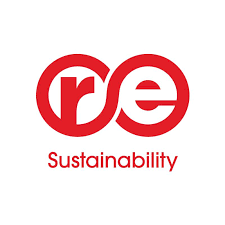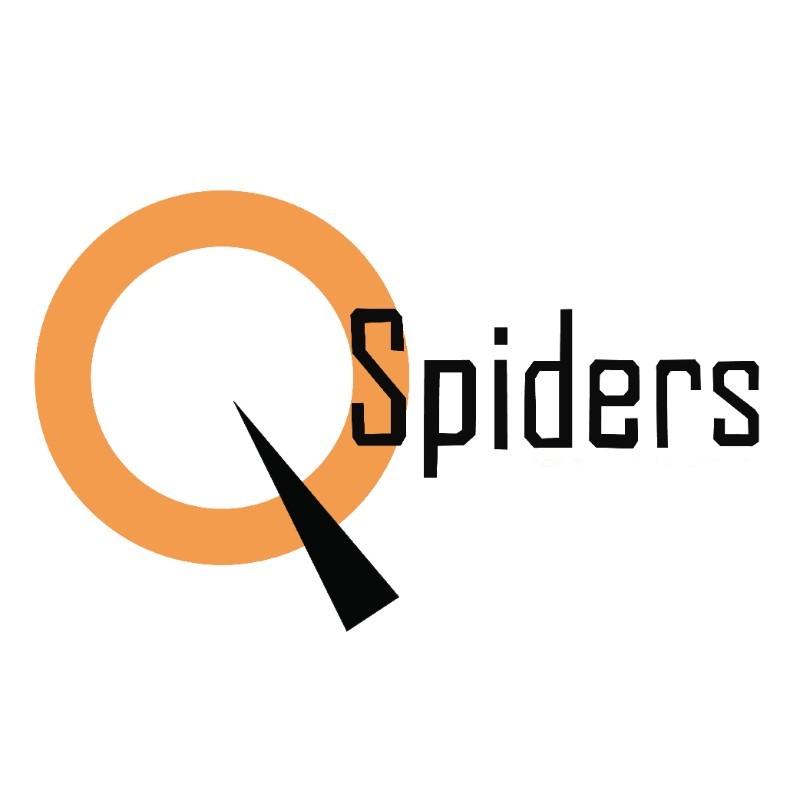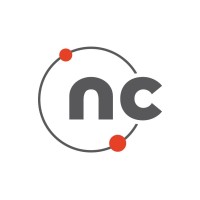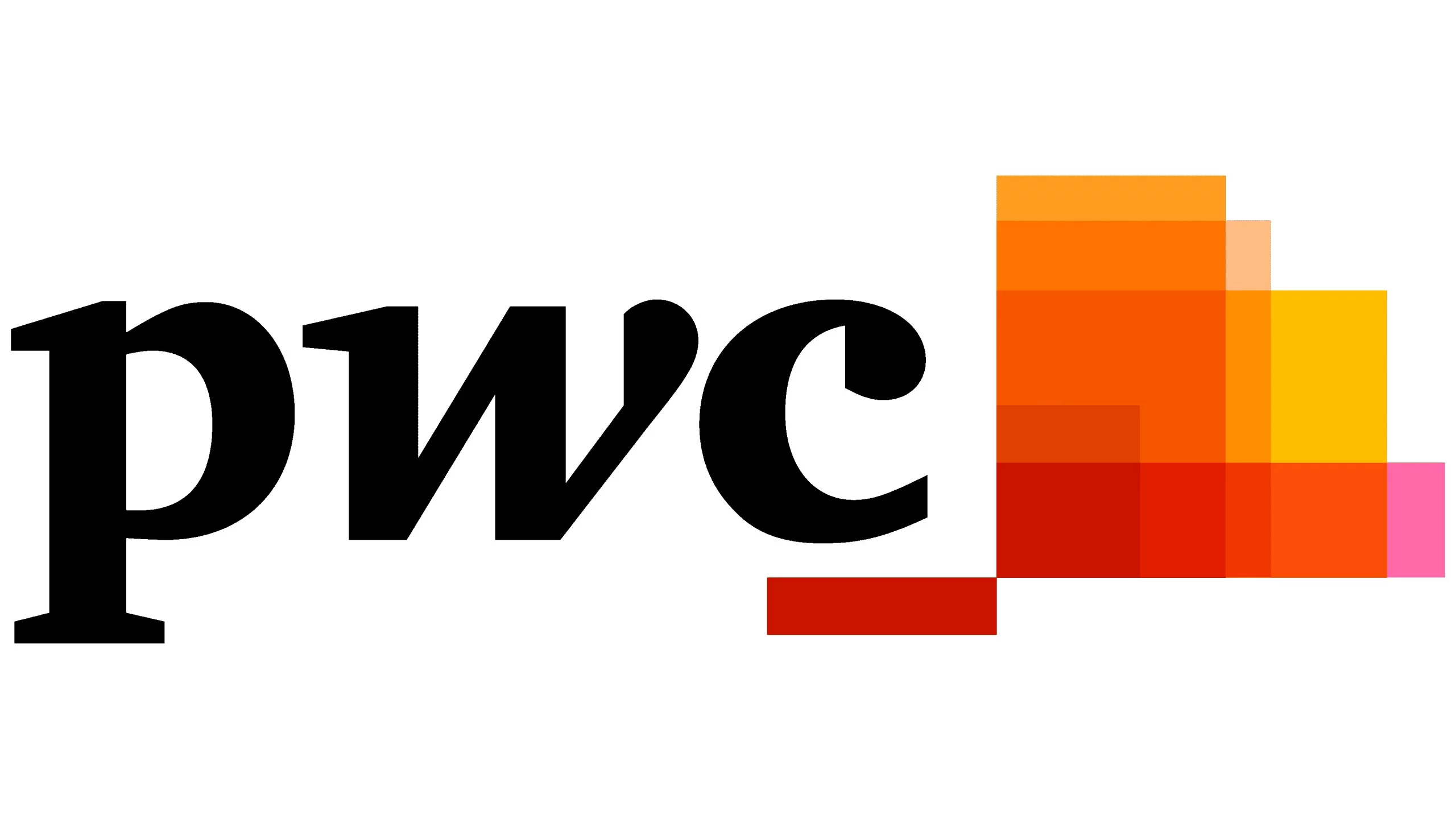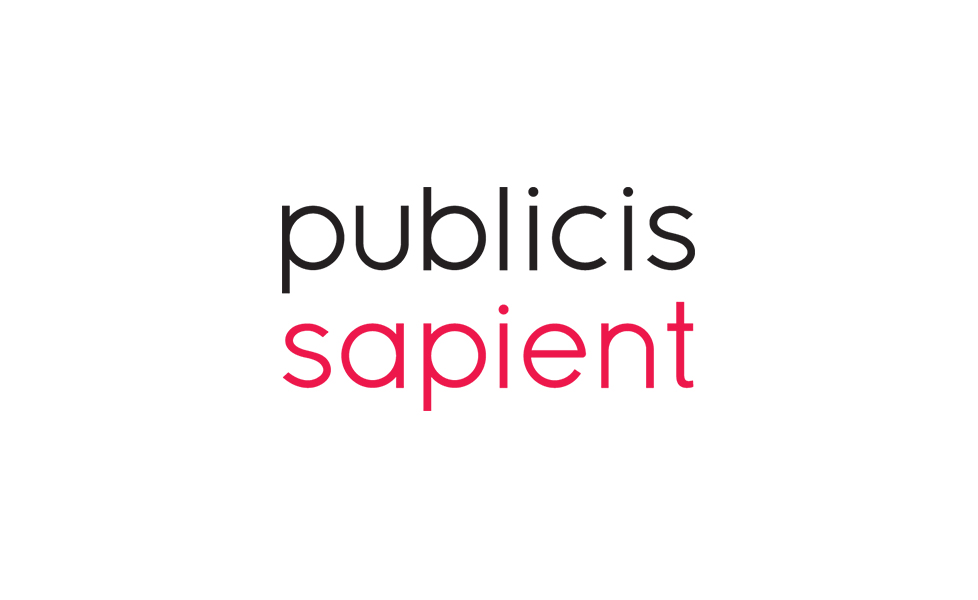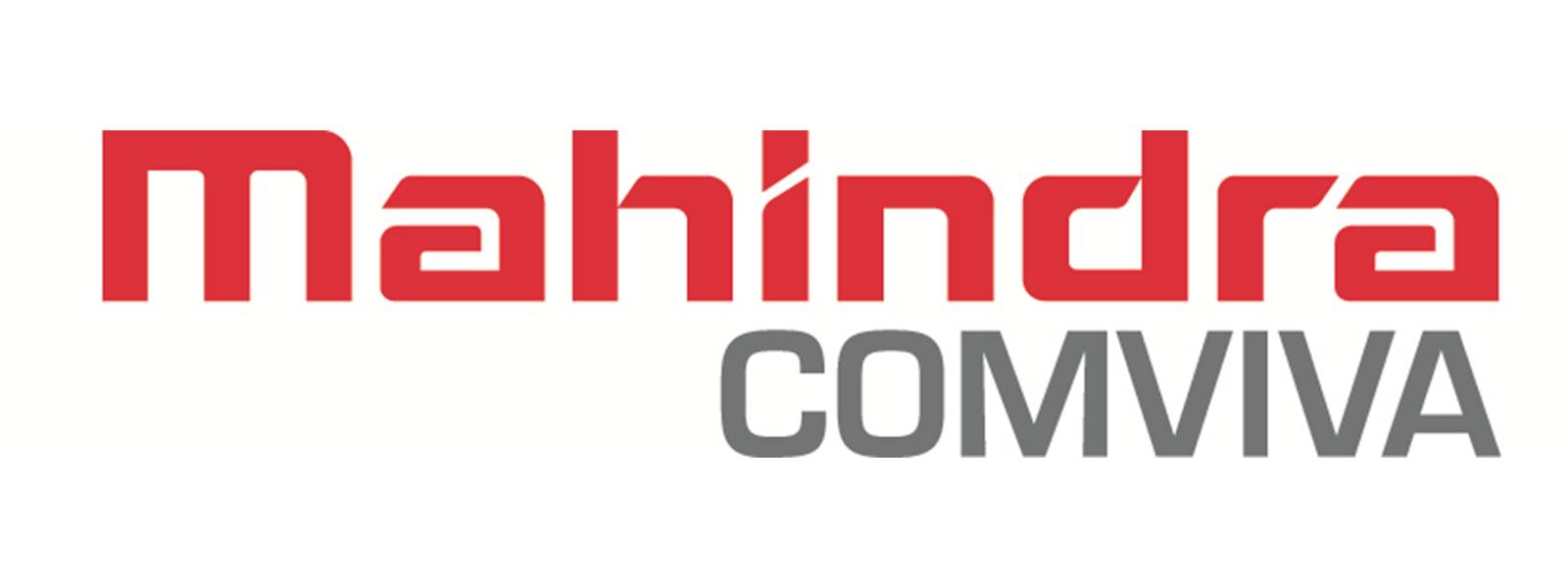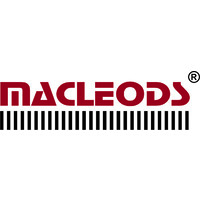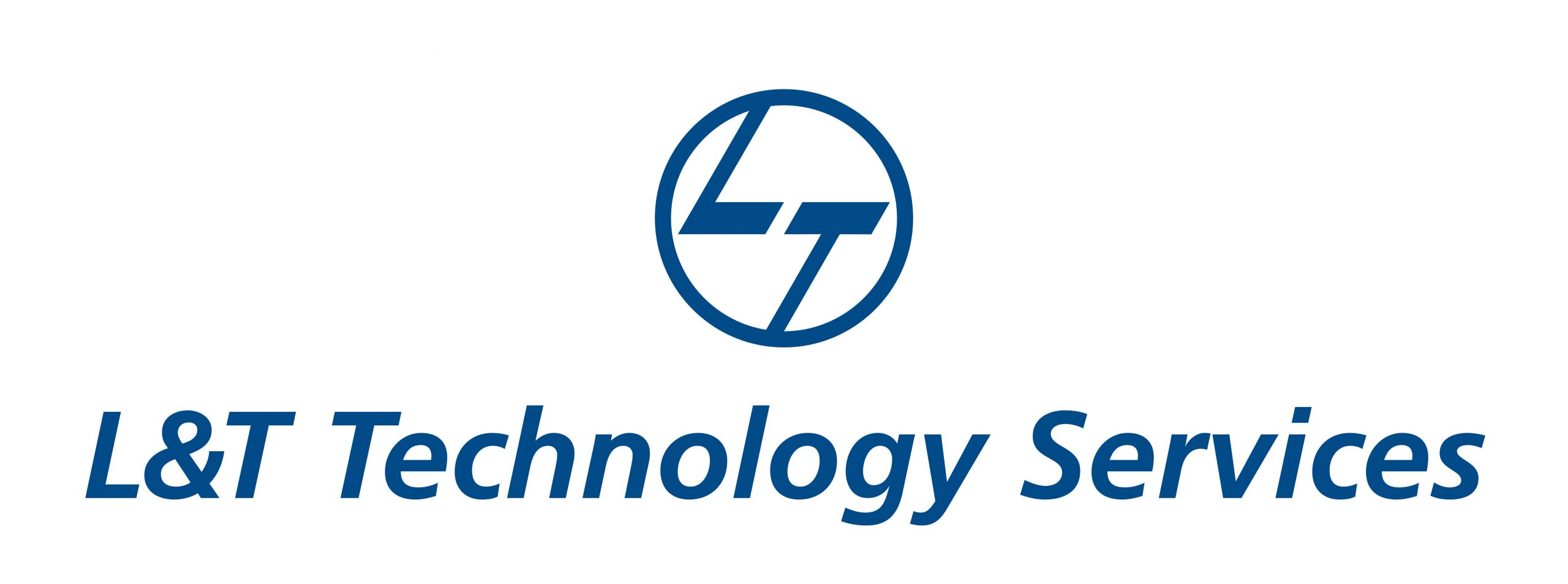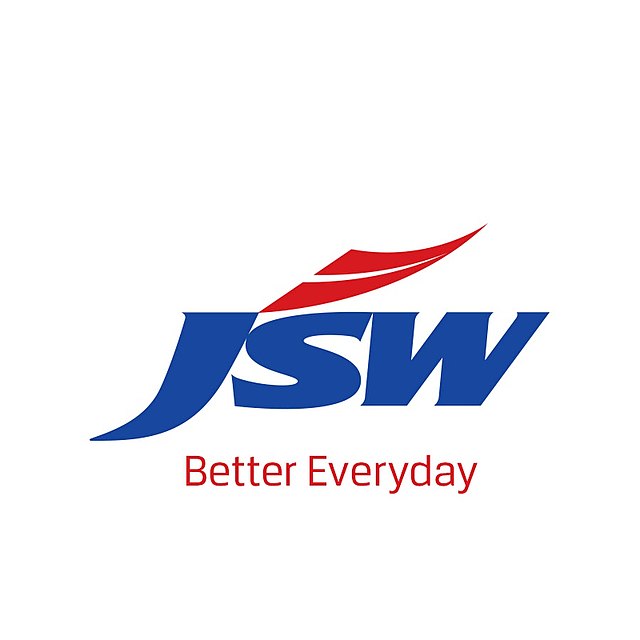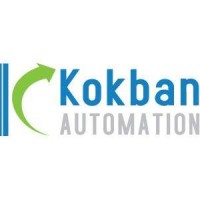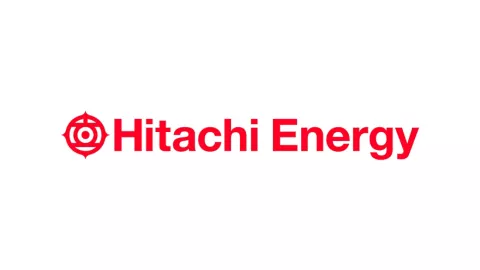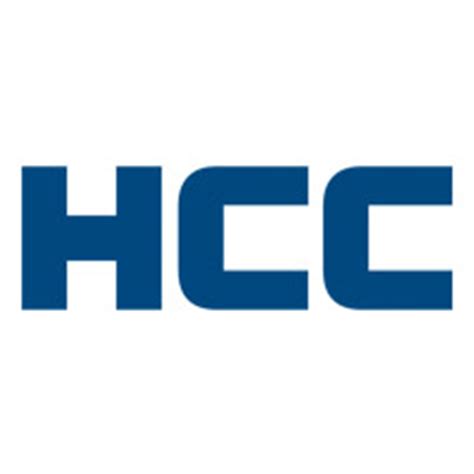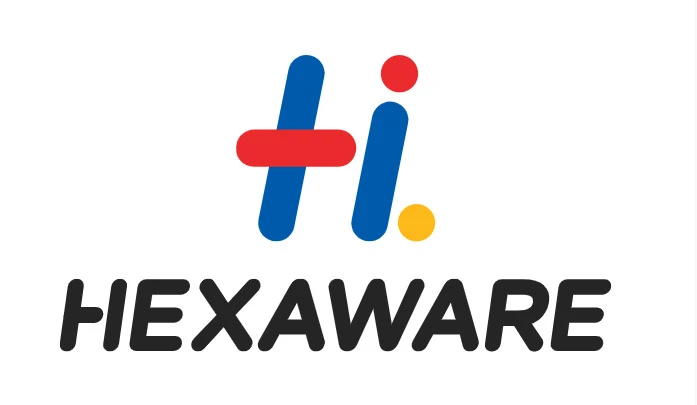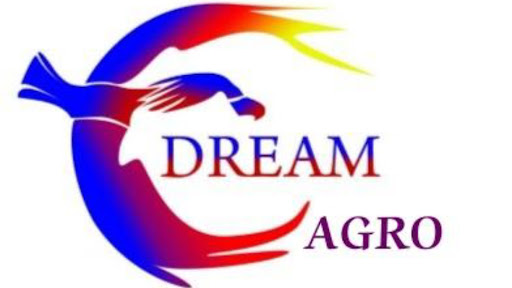With admission to top ece engineering colleges in India being just a click away, it is tough to make the right choice. Electronics and communication engineering colleges have mushroomed over the years, with seats no longer being an issue if one has to pursue private education. Competition exists, not just for students but also for universities. Being on the same page as advancement in educational techniques and keeping a tab on global upgradation is crucial.
On that note, C.V Raman Global University ensures a knot-tied mechanism and stands out as the most inclusive campus with the most updated curriculum. B.Tech. Electronics and Communications Engineering is an undergraduate degree program that studies electronics and communications principles and their applications. C.V Raman Global University, located in Bhubaneswar, India, offers a four-year B.Tech. Electronics and Communications Engineering program that is designed to prepare students to become proficient electronics and communications engineers with strong analytical and technical skills.
The Department of ECE is recognized by UGC as a Centre for Advanced Studies. It has a strong reputation for excellence and internationally acclaimed standards in theoretical and experimental research and development in areas of communication, signal processing, microelectronics and RF/Photonics.
The Department of Electronics and Communication Engineering was established with the vision to produce highly knowledgeable, competent and resourceful young engineers.
The ECE department of CGU has earned laurels for the state with its achievements. The highest qualified and the most experienced professors and researchers in the said field have made their way to our department. When we teach, we keep in mind that we are not dealing with present-day students but future leaders.
Our curriculum provides a strong foundation in both the analytic and technological aspects of ECE fostering innovation. It has consistently ranked among the best ECE colleges in India by offering ample opportunities to ECE aspirants to work on mini-projects, develop communication skills, explore internship opportunities in industry and world-class universities and take part in national and international design contests.
We come with state-of-the-art facilities incorporated to enhance our syllabus. Advanced labs and practical rooms, of utmost necessity for all the best private colleges for ECE in India, are in store to conceive a best-of-its-kind college life for students. Our ECE aspirants are given the opportunity to test the theories and get hands-on experience with cutting-edge equipment and technologies.
The array of Laboratory Facilities includes:
- Electronic Devices & Circuits Laboratory
- Linear / Digital Integrated Circuits Laboratory
- Microprocessor and Microcontroller Laboratory
- Digital Signal Processing Laboratory
- Microwave Laboratory
- Computer Laboratory
- VLSI Design Laboratory
- Analog / Digital Communication Laboratory
- Embedded Laboratory
- AR/VR Laboratory
Students are taught to deal with real-world problems that would be carved into their careers, instead of being asked to stick to theories. We train our pupils to not just handle technology but push its boundaries. They are introduced to innovative solutions and are asked to usher in the same for the times ahead.
Our teaching guarantees that grads are empowered, inspired and equipped to address the key challenges of the dynamic electronic and communication sector. ECE education and research area at CGU is undergoing vigorous growth in emerging areas that include but are not limited to:
- VLSI Design and Testing
- Digital Signal Processing
- Image Processing
- Wireless Communication
- Computer Networks
- Neural Networks
- RF Communication
- Network Security
- Embedded Systems & much more
Mentors are assigned to students for individualistic as well as group guidance. Project display, tech fests and healthy competitions make us stand out among the best electronics and communication engineering colleges in India. Innovation is at the core of ECE, and we actively encourage students to engage in projects that tackle dynamic issues in electronics and communication engineering.
The institution collaborates with industry partners and research organizations to conduct workshops, guest visits, seminars, IEEE & IETE conferences, business networking, technology assessments, etc. In IEEE & IETE conferences, students get the opportunity to brainstorm on contributing to the dynamicity of the electronic and communication sector, prepare research papers, present to national and international research apex bodies and get their work published.
Students get a chance to interact with their counterparts in the industry in guest visits which range from CEOS, decision makers, technical experts, professors, sourcing personnel, researchers, diplomats, government delegations, students from different colleges and alumni of the same sector to get an insight into electronic and communication trends. Expect nothing less from one of the best engineering colleges for ECE.
On that note, students are also encouraged be participate in inter-state and pan-India competitions, enhancing their exposure. Cutting-edge research work is non-negotiable for us, with our students receiving ample supplies and aids for the same. Students consistently secure the top rank in national competitive examinations such as GATE.
CGU College for Electronics and Communication Engineering is bent on bridging the gap between academia and industry. The ECE department maintains strong ties with the leading electronics and communication sector. Students’ good excellent exposure to industrial trends via internships and field visits.
Students are encouraged to take up in-plant training, summer internships and full-semester project work at industries. Scholars among aspirants are given an opportunity to pursue assistant lectureship opportunities at the CGU ECE department to pursue research and upgrade their knowledge in their specified fields.
Science-based engineering is at the heart of what we do, and through a collaborative approach, we support the engineers and scientists of tomorrow to become technically strong, analytically innovative and creative which has placed CGU on the pedestal of top electronics and communication engineering colleges in India.
The placement cells, tending to be the most important part of this journey, are active throughout and fetch internship opportunities to meet the exposure milestones and grab the best-across-India job opportunities from various MNCs. Grads secured jobs such as Associate Engineer, Network Engineer, Technical Engineer, Trainee Engineer, Product Developer, Telecom Engineer, Technical Trainer, Embedded System Engineer, etc., in companies like Wipro, Schnider, Bajaj, Siemens, Alstom, Crompton, Havells, Kirloskar, Jindal Steel and Power, Tata and other core ECE companies.
We hold a track record of 100% placement of eligible graduates and 10% opting for higher education in core disciplines of ECE in top universities in India and abroad.
CGU ECE department offers a wealth of resources in its digital library that holds a wide variety of educational, research papers, ebooks, video resources, and inventories both offline and online for easy access for students and faculties alike anywhere on campus or outside. The campus offers high-speed wifi for digital access to resources.
Study at one of the best ECE engineering colleges in India with a future-focused and distinguished track record. Learn to design, build, develop and operate analogue and digital circuits to create smart devices, autonomous systems and new generation of electronic devices.
Master the basics and hone your skills, combining scientific and engineering knowledge with a creative mind to solve diverse electronic and communication challenges with an incredible array of equipment and facilities.
Last but never least in the ladder of career build-up, numerous clubs and multiple recreational activities are equally prioritised in the hierarchy of growth, producing well-rounded lives for fully-functional, career-oriented individuals.
